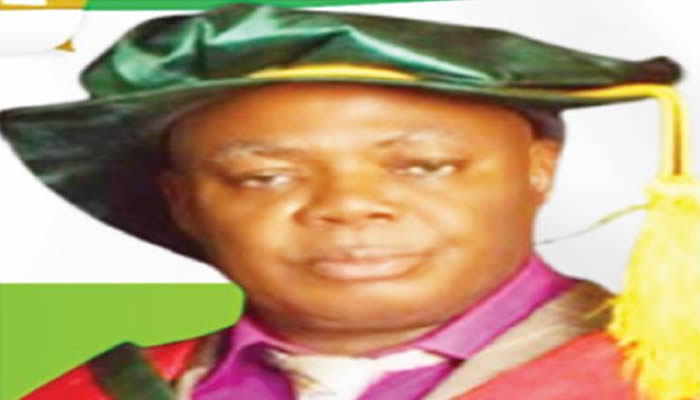Professor Sebastian Uremadu, a banking and finance expert from Michael Okpara University of Agriculture, has issued a stark warning to President Bola Tinubu: reinstate fuel subsidies or risk further crippling Nigeria’s already fragile economy. Uremadu argues that the current approach of distributing cash palliatives is a misguided band-aid solution that fails to address the root cause of the economic turmoil – the abrupt removal of fuel subsidies. While acknowledging some positive policy initiatives from the new administration, Uremadu insists that the subsidy removal has ignited hyperinflation and destabilized the economy, requiring urgent corrective action in the form of subsidy reinstatement.
Uremadu contends that the removal of fuel subsidies, a critical commodity impacting virtually every sector of the Nigerian economy, has had a cascading effect on the prices of other goods and services, fueling uncontrollable inflation. He highlights that subsidies, in various forms, are a global practice, citing agricultural subsidies in the United States as an example. The professor’s concern stems from the belief that the current palliative measures, while intended to mitigate the impact of the subsidy removal, will not stimulate economic activity. He posits that beneficiaries are more likely to consume the funds rather than invest, creating a cycle of dependency and hindering economic recovery.
Further amplifying the economic challenges, Uremadu points to the detrimental impact of multiple taxation. This excessive taxation, he argues, acts as a significant deterrent to potential investors, both domestic and foreign, further hindering economic growth. To foster a conducive investment climate, Uremadu urges the government to streamline the tax system and create a more predictable and investor-friendly environment. This, he believes, is crucial for attracting the much-needed foreign direct investment that can help revitalize the Nigerian economy.
The professor advocates for a multi-pronged approach to economic recovery. Beyond reinstating fuel subsidies, he calls for the implementation of robust fiscal policies designed to stimulate economic activity and stabilize the national currency. He also stresses the importance of incorporating seasoned technocrats into the government’s economic team to provide expert guidance and implement effective strategies. These measures, he believes, are essential for restoring investor confidence and attracting the capital necessary for sustainable economic growth.
Professor Maduebibisi Iwe, the Vice-Chancellor of Michael Okpara University, echoed Uremadu’s sentiments, commending him for his insightful analysis and practical recommendations. He urged policymakers to seriously consider the recommendations put forth, particularly the creation of a favorable environment for businesses to thrive. Iwe emphasized that fostering a conducive environment for domestic investment is just as crucial as attracting foreign capital, providing a foundation for sustainable economic development. He sees domestic investment as a key driver of economic growth, complementing foreign direct investment.
In summary, Professor Uremadu’s call for the reinstatement of fuel subsidies is a bold proposition aimed at tackling the root cause of Nigeria’s current economic woes. He argues that the current palliative measures are unsustainable and that a more fundamental shift in policy, combined with a reduction in multiple taxation and the inclusion of economic experts, is required. This multi-faceted approach, he believes, is the key to attracting both domestic and foreign investment, stabilizing the economy, and setting Nigeria on a path to sustainable growth. The Vice-Chancellor’s endorsement of these recommendations underscores their significance and the urgent need for policymakers to address these critical issues.














